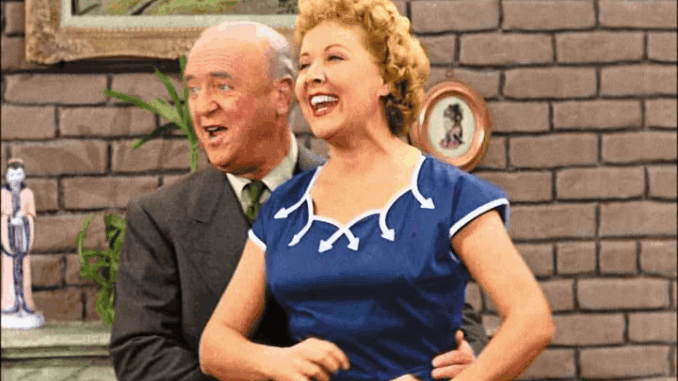
When I Love Lucy premiered in 1951, no one could have predicted that a 30-minute sitcom about a quirky woman and her bandleader husband would reshape American television—and popular culture—indelibly.
More than seven decades later, the series co-created by Lucille Ball and Desi Arnaz remains essential viewing, studied in courses on television, pop culture, and feminism.
A Behind-the-Scenes Television Revolution
Beyond entertainment, I Love Lucy pioneered industry-changing innovations:
-
Defining the modern sitcom production model with its three-camera setup and live audience filming—a groundbreaking technique that remains the standard.
-
Launching Desilu Productions, the studio founded by Ball and Arnaz, which later produced Star Trek, Mission: Impossible, and opened doors for female leadership in Hollywood.
-
Representing multicultural America, with Desi Arnaz (Cuban-American) starring alongside Lucille Ball—a first for regular interracial marriage depiction on TV.
Why “I Love Lucy” Still Matters Today
Beyond laughs, the show spoke to personal ambition, authentic marriage dynamics, and women’s empowerment. Lucy Ricardo was a pioneering character who dared to try, fail, and live life on her own terms—uncommon for 1950s television.
“Lucille Ball was not just a TV star—she was a comedic and media revolutionary,” TV critic Moira West writes.
